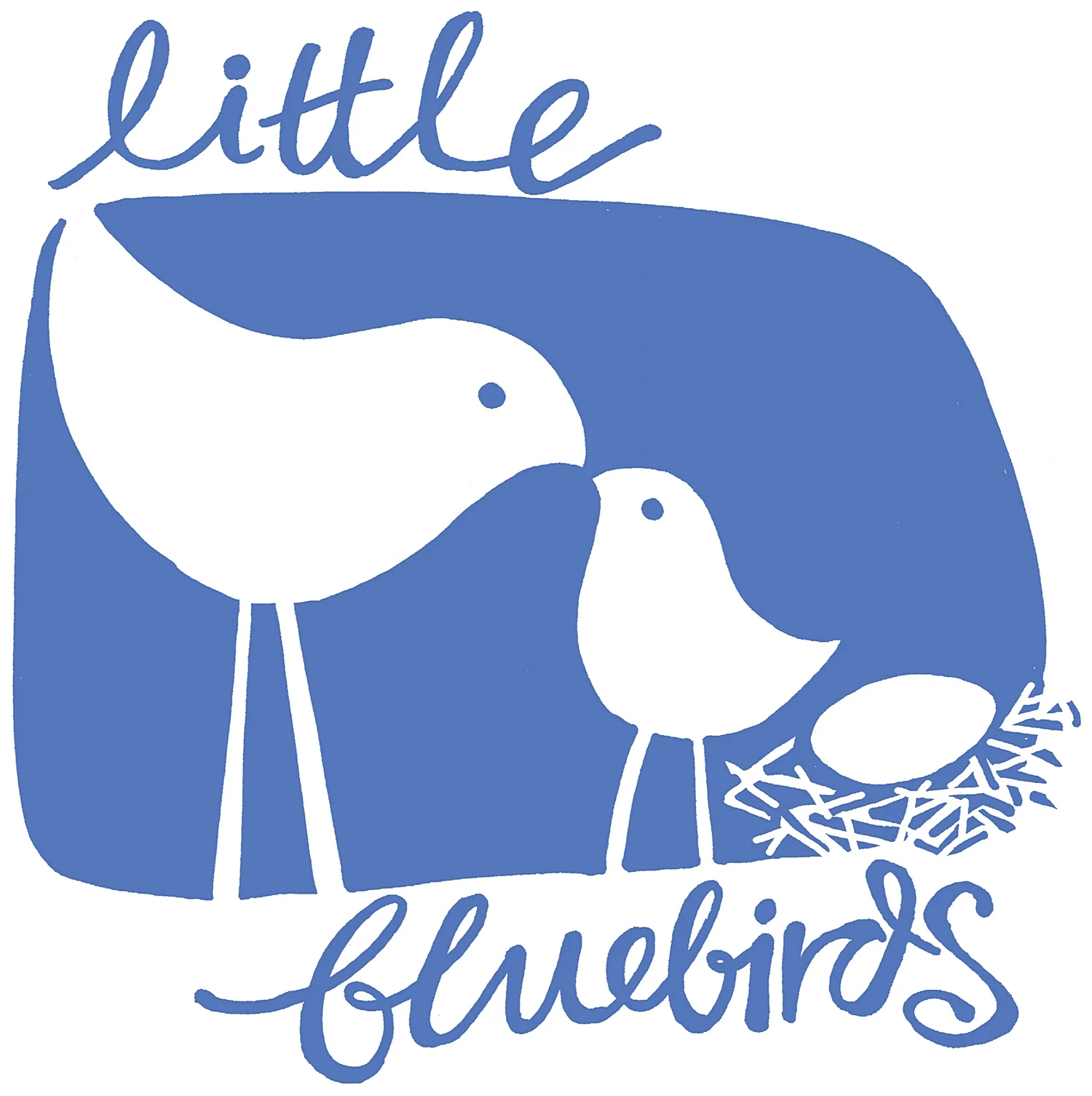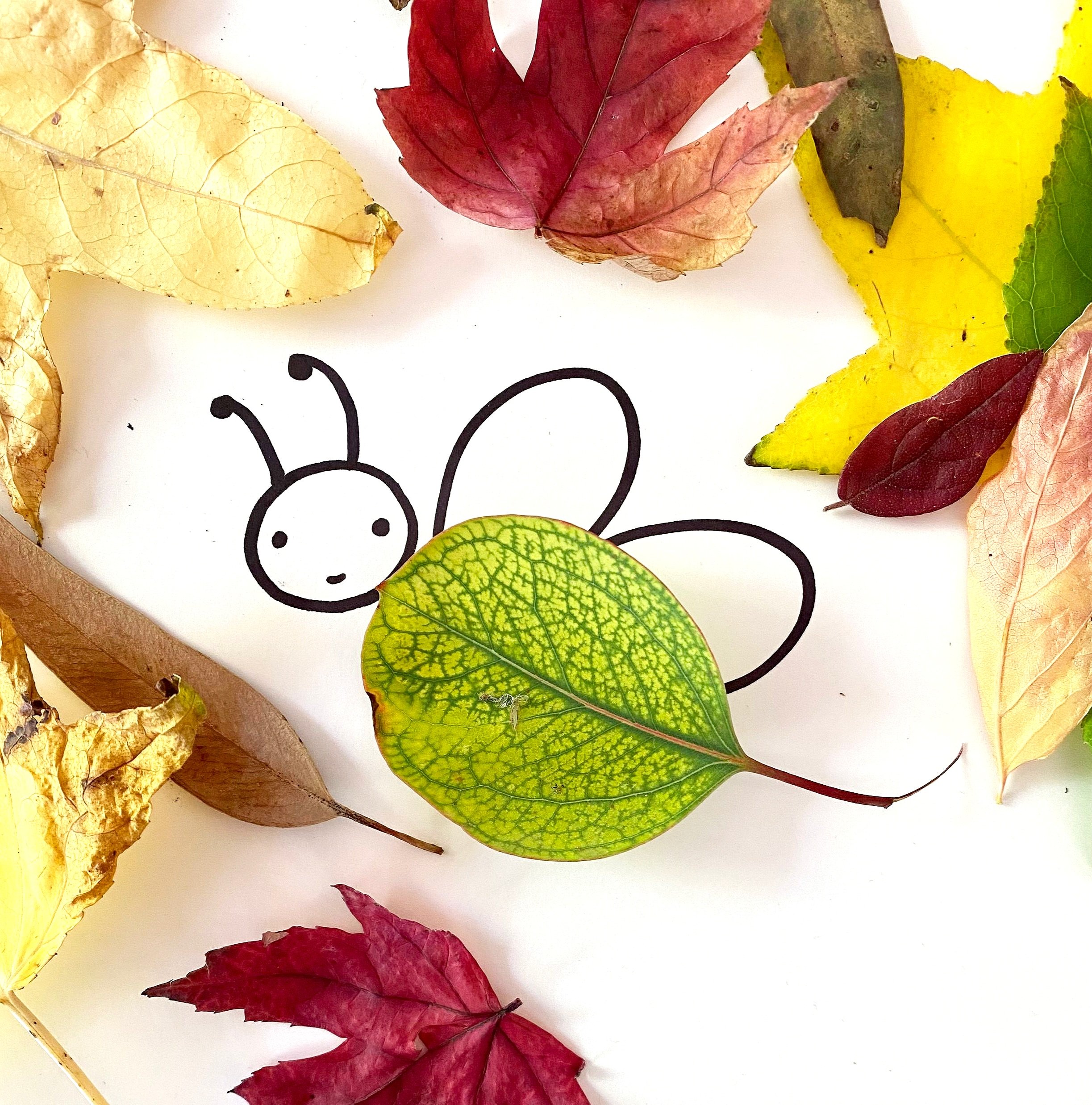Singing it out
Have you ever found yourself belting out your favourite song when you're overwhelmed or singing along to the saddest of songs when you’re feeling blue? If so, you know the power of singing to process emotions. Singing has an incredible ability to help us navigate our innermost feelings, providing solace and release like no other form of expression. And you can help your little one use it as a tool to process their big emotions too…
A cathartic outlet
Music has an amazing way of touching our souls, reaching deep into our emotions and bringing them to the surface. Singing allows us to release pent-up feelings and find an emotional release. When we sing, our breath flows, and our bodies are actively engaged, giving voice to our emotions. Singing can help us acknowledge and accept our feelings, soothing our hearts and minds in the process.
No words needed
Show your child how to make up a song without any words at all. There’s no right way or wrong way… Try to resist the urge to comment - just let the act of singing be enough.
Here are a few little fragments of song from young singers - can you imagine what they were feeling at the time?
Sometimes, it can be difficult to articulate our emotions in spoken language. Singing bridges that gap, allowing us to express our feelings without necessarily needing to put them into words.
Meeting them where they’re at
When our little people are feeling sad, or angry, or frustrated, our first instinct can be to move straight to ‘cheering them up’. (I just can’t help think of Judy Garland’s version of Get Happy at this point!)
But it can be powerful to have our emotions acknowledged, even when we can't yet name them ourselves.
So next time your child is overwhelmed by big emotions, try meeting them where they’re at. If they seem angry, perhaps you could try singing…
“If you’re angry and you know it, stamp your feet
If you’re angry and you know it, stamp your feet
If you’re angry and you know it then you really ought to show it
If you’re angry and you know it, stamp your feet”
Hearing you sing in an angry voice and watching you stamp with all your might will give your little one permission to let it all out. They can sing at the top of their voices, stamp with all their might and deeply feel that you understand what they are experiencing. It might be messy and loud but emotions can be just that!
Then keep careful watch and as you sense that they running out of steam, sink into a comfy armchair and you may just find that they crawl onto your lap, ready to be held in the safety of your arms.
Switch to a more gentle humming version of the song so they can still feel your voice resonating through your chest and breathe deeply after each phrase. Their little body will follow your cue to breathe deeply without the need for any words at all. And slowly, slowly you’ll both come back to a place of calm… sound in the knowledge that you can weather big emotions together.




